Governor Newsom in the Hot Seat as California Reparations Bills Stall
The California Assembly recently faced heated debates over slavery reparations. Black activists demanded immediate action, emphasizing the importance of two bills that would create a fund and an agency to oversee reparations.
With these bills now stalled, questions are being raised about Governor Gavin Newsom’s stance and his potential role in the delay.
Why Reparations Now?
California has been at the forefront of discussions on reparations for African Americans, especially descendants of enslaved people. The push for reparations intensified following nationwide racial justice movements in 2020.
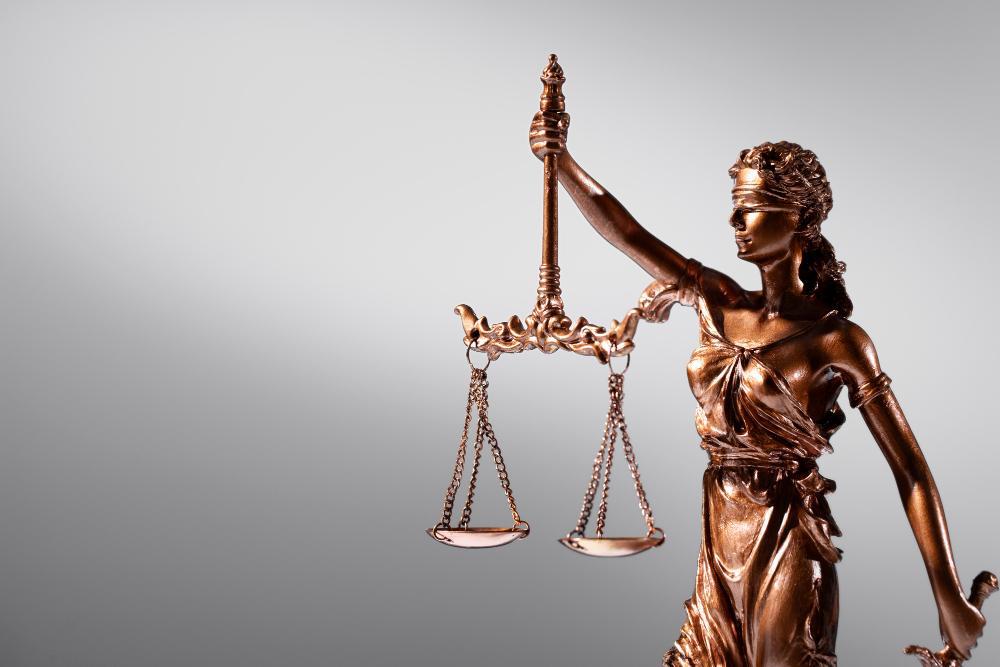
Source: Wikimedia
With a dedicated task force and over 100 recommendations, the state’s efforts represent a significant move toward addressing historical injustices.
The Key Bills in Question
Senate Bills 1403 and 1331 were central to California’s reparations plan. These bills aimed to create a California American Freedmen Affairs Agency and a reparations fund to provide direct cash payments.

Source: Freepik
The proposed agency would also help Black Californians trace their genealogy to confirm eligibility. However, these measures stalled, sparking frustration among activists.
The Role of Governor Gavin Newsom
Governor Newsom has been notably silent on the specifics of these reparations bills. While his administration has indicated some opposition, Newsom has not directly commented.
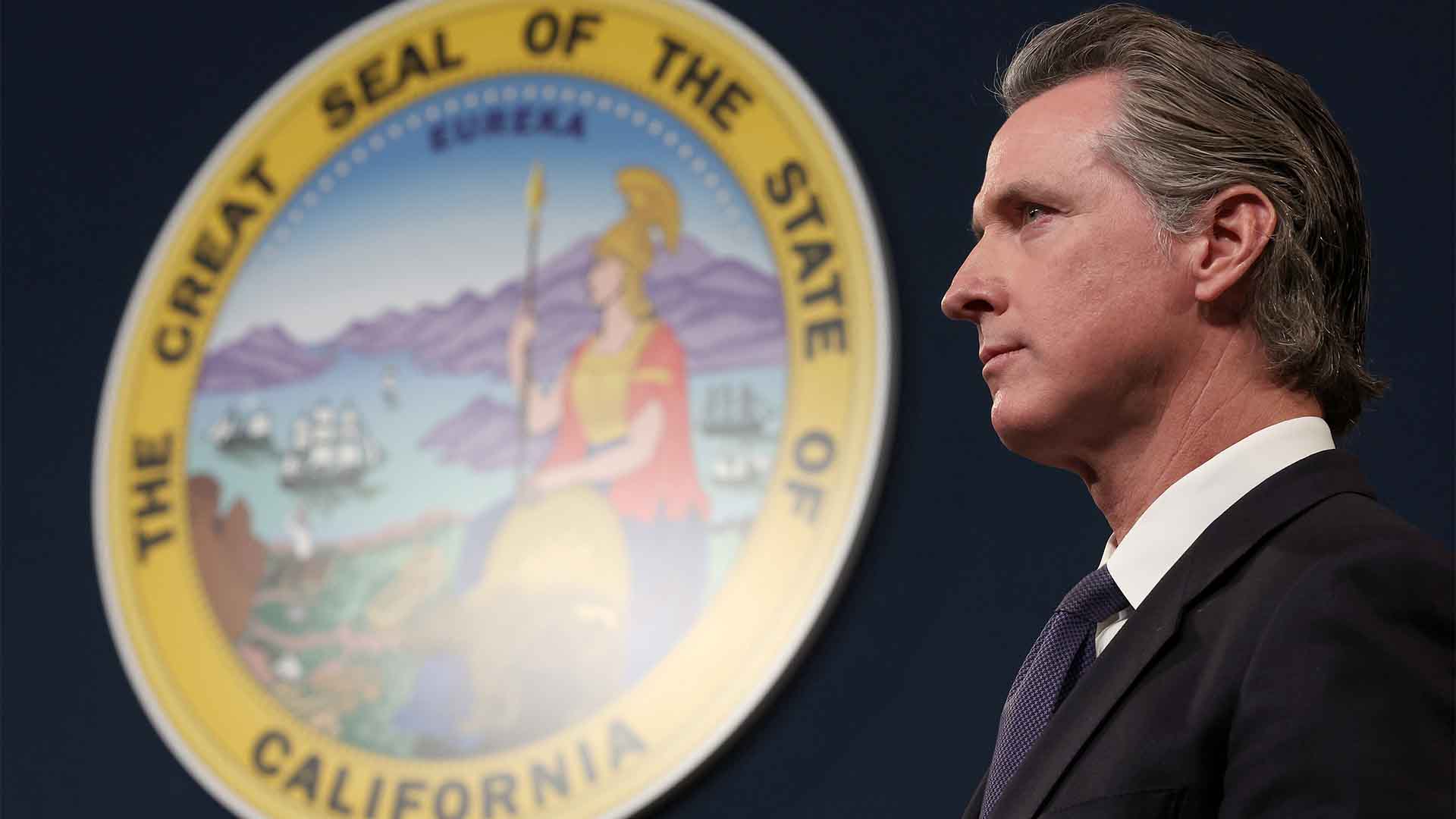
Source: Justin Sullivan/Getty Images
Activists argue that his tepid response to the task force’s recommendations suggests a reluctance to fully support the reparations effort, putting him squarely in the “hot seat.”
A Task Force Four Years in the Making
In 2020, Newsom signed a law creating a first-in-the-nation task force to study reparations. The group spent two years conducting public hearings and consultations, resulting in a comprehensive report last year with over 100 recommendations.
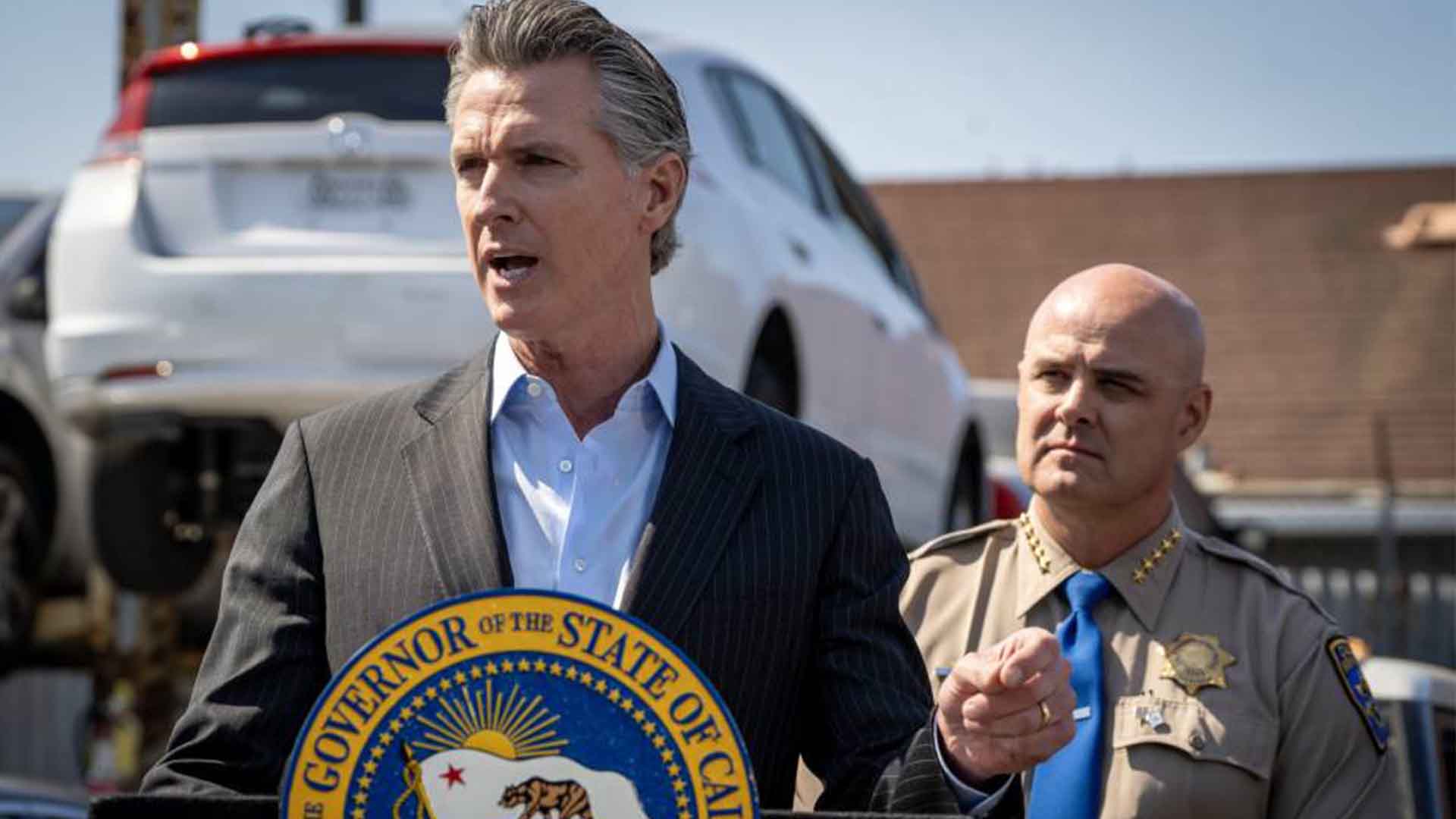
Source: Office of the CA Govenor
Despite this groundwork, the most ambitious proposals remain unfulfilled, much to the disappointment of the task force members.
Governor Newsom’s Lukewarm Reception
When the task force released its report, Governor Newsom commented that reparations are about “much more than cash payments.”
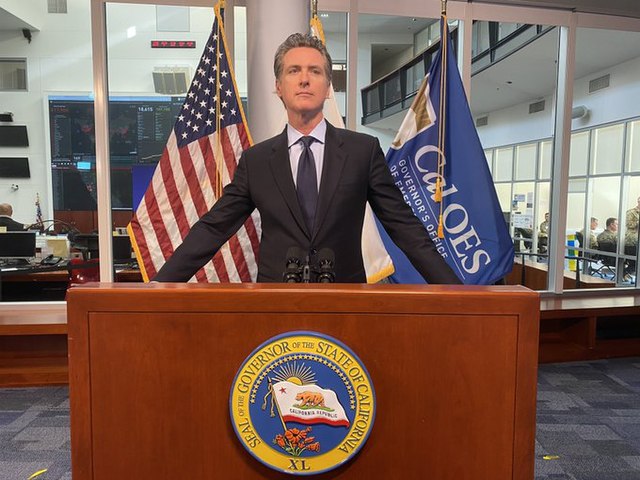
Source: Wikimedia
This statement, perceived as noncommittal, disappointed many advocates who felt it failed to address the urgency of financial restitution as a form of reparative justice.
Activists Speak Out at the Capitol
On Saturday, protests erupted in the rotunda of the California Capitol. Members of the Coalition for a Just and Equitable California openly criticized lawmakers, accusing them of stalling the bills out of fear of a potential veto by Governor Newsom.
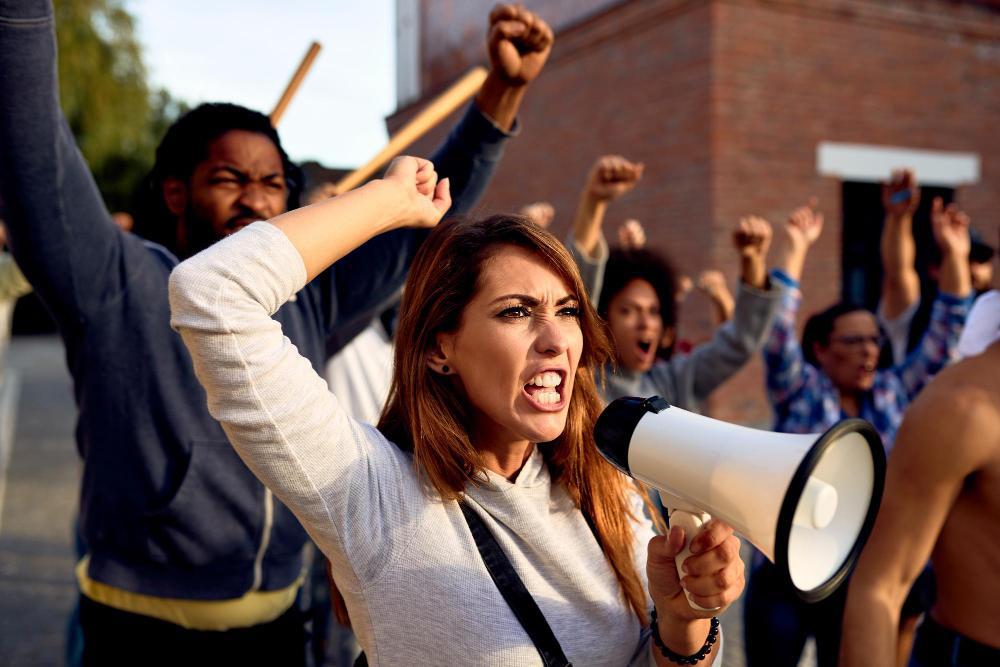
Source: Wikimedia
The demonstrators demanded immediate legislative action, expressing frustration with the perceived political games.
'We Have the Votes'
“We have the votes,” said a member of the Coalition for a Just and Equitable California.
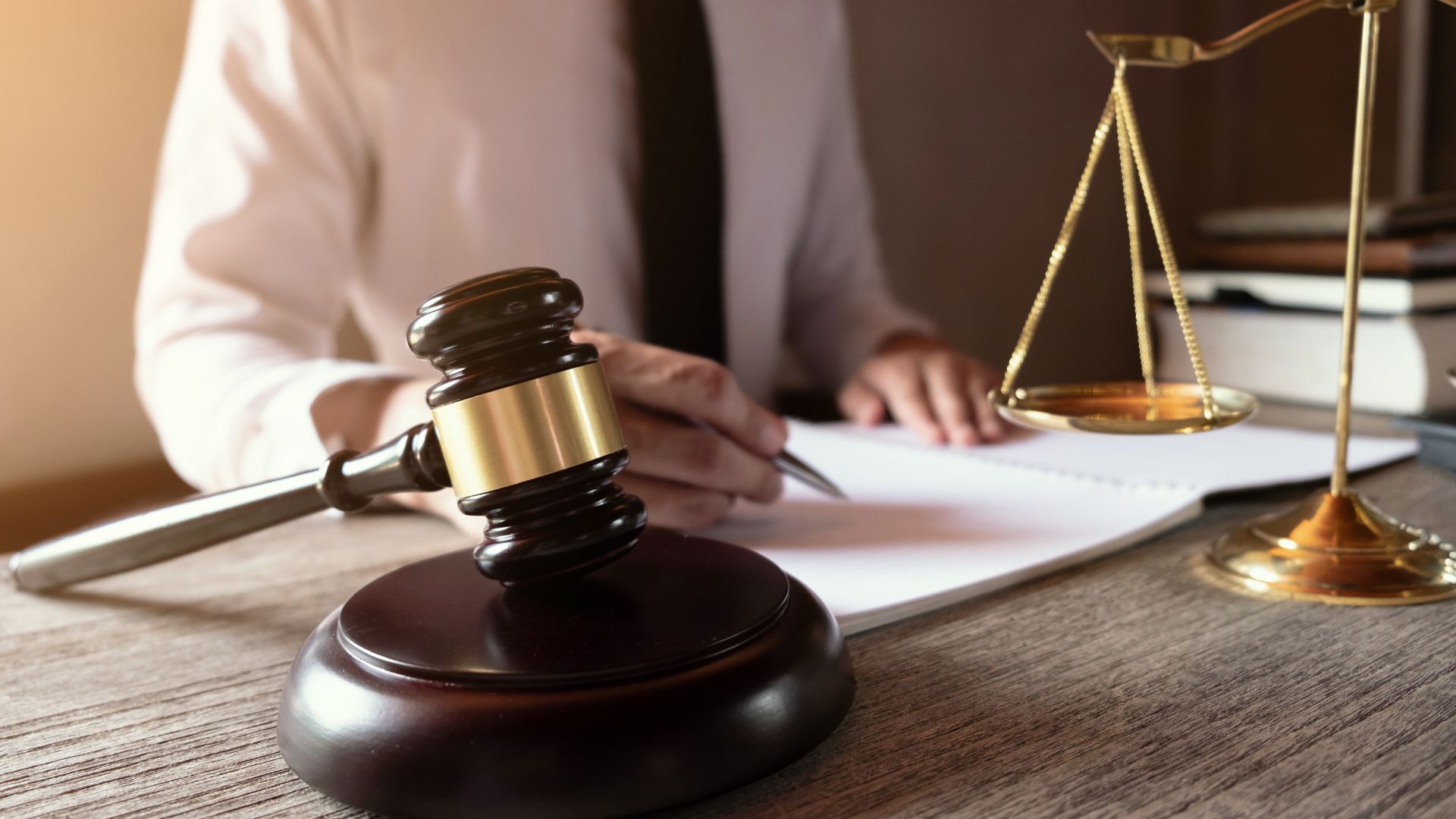
Source: Bhutina65/Canva Pro
State Sen. Steven Bradford also implored his colleagues to push the bills forward, insisting that the Black Caucus has a responsibility to Black Californians and descendants of enslaved people to see these measures through to the governor’s desk.
A Divided Black Caucus
The California Legislative Black Caucus found itself at a crossroads. While some members supported immediate action, others felt the bills needed more work.
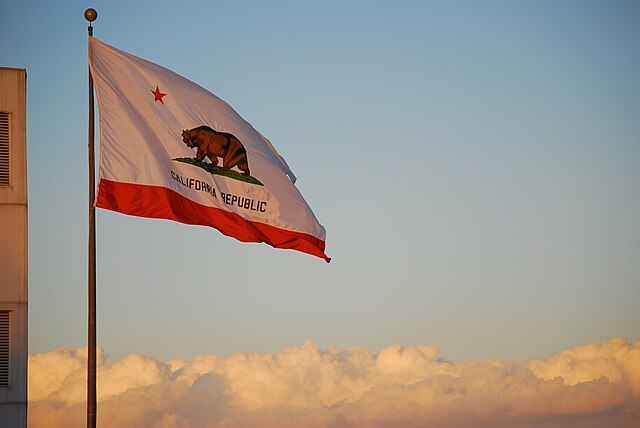
Source: Eric Chan, Wikimedia
Assemblymember Lori Wilson, the chair of the caucus, mentioned, “We knew it was an uphill battle from the start,” signaling a cautious approach and highlighting the complexities within the caucus itself.
Newsom’s Budget and Reparations Funding
In June, Governor Newsom signed a $297.9 billion budget that included up to $12 million for reparations legislation. However, the budget did not specify which proposals the funds would support.
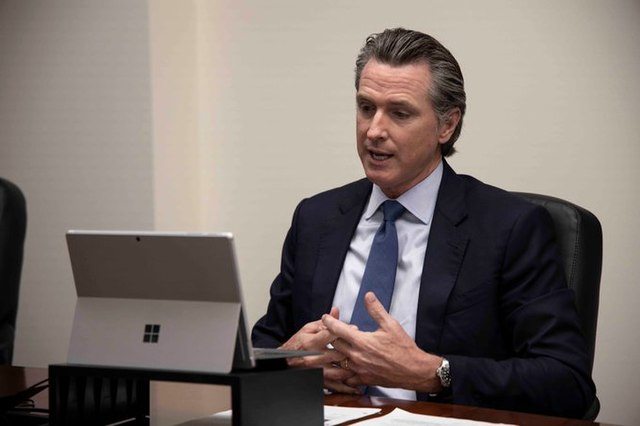
Source: Wikimedia
This ambiguity has fueled criticism from those who believe the governor’s support for reparations is superficial at best.
National Implications and the Spotlight on Harris
Activists warned that the stalled reparations efforts could impact Vice President Kamala Harris’ presidential campaign. “The world is watching California,” one activist declared, conveying the national significance of the state’s reparations debate.
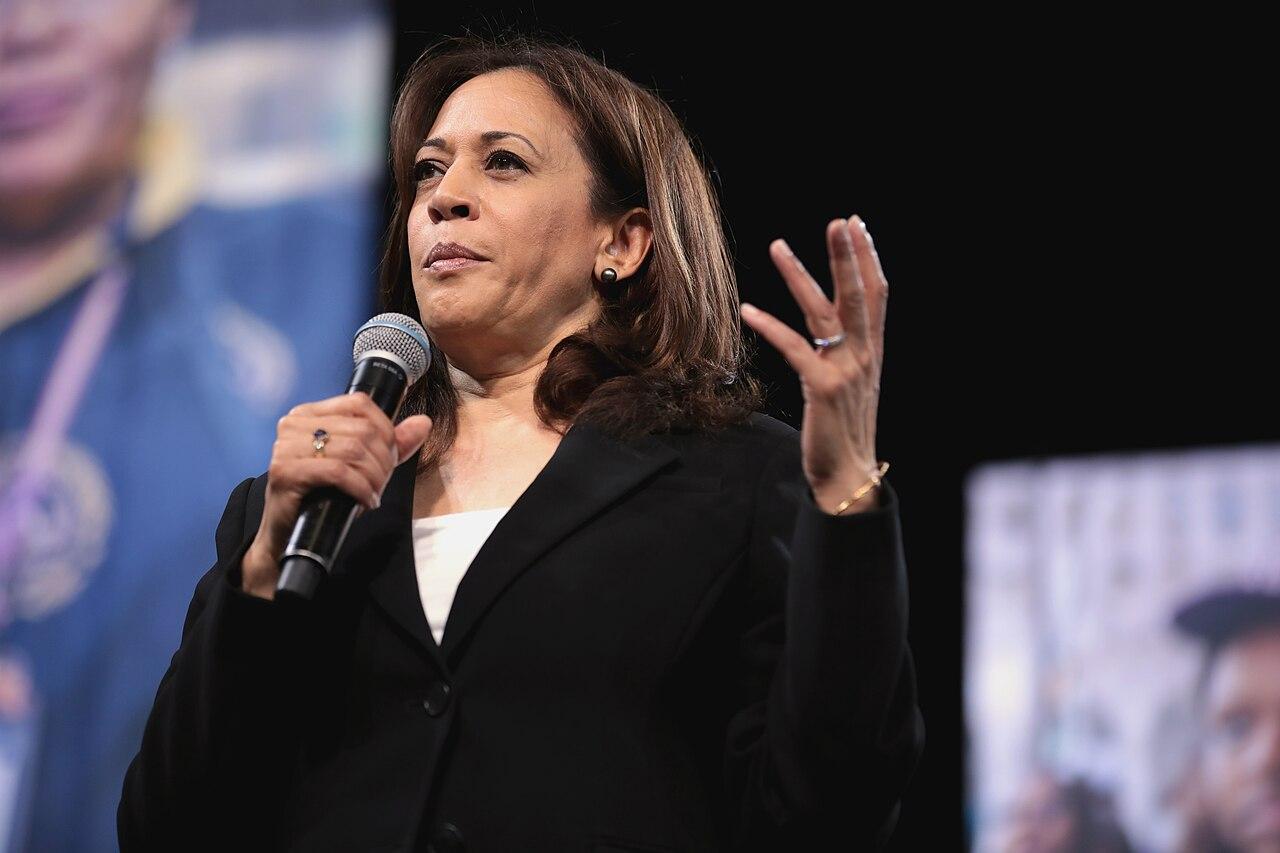
Source: Wikimedia
The outcome of this legislative battle could influence perceptions of Democratic leadership on racial justice issues.
The Future of California’s Reparations Movement
While the reparations bills did not pass this legislative session, the fight is far from over. Assemblymember Wilson announced plans to reintroduce the bills next year, affirming the Black Caucus’ commitment to pursuing reparative justice.
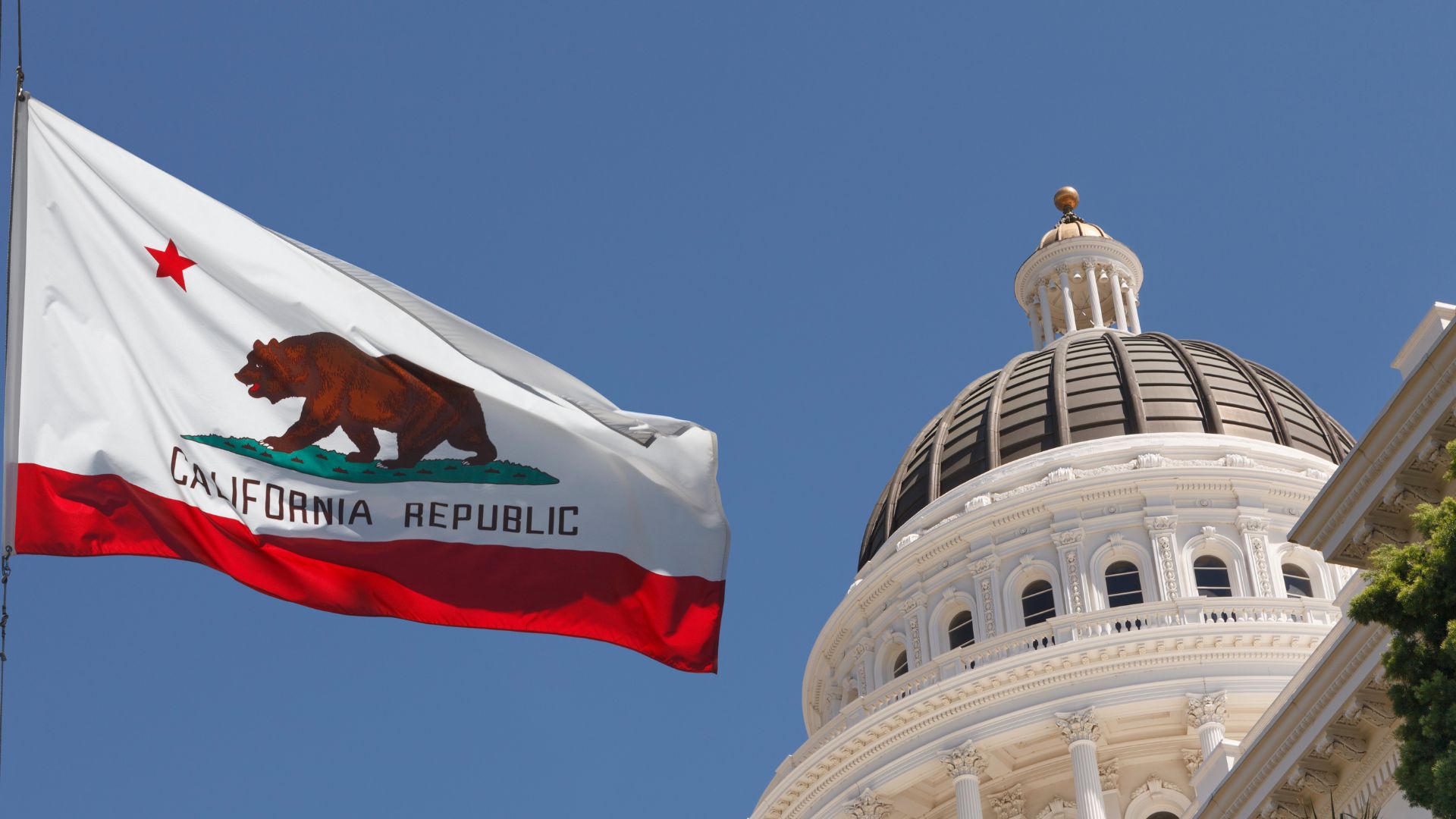
Source: Canva
As pressure mounts on Governor Newsom, all eyes will remain on California’s next steps in addressing its historical injustices.
